The Third International TEFL Teacher Education Conference & Expo: TEFL Teacher Education in Changing Times
Faculty of Education Tripoli, University of Tripoli
English Department
The Third International TEFL Teacher Education Conference & Expo:
TEFL Teacher Education in Changing Times
September 11th-13th, 2023
CALL FOR PAPERS
In light of the vision and mission of the Faculty of Education Tripoli and its goals to reach quality in teacher preparation, teaching excellence, and research, the English Department is calling for paper submissions to present at the third conference. The main aim of the conference is to explore and discuss the contemporary issues in the field of TEFL teacher education in Libya and around the world.
TEFL Teacher Education Programs: Present and Future Ambitions and Challenges
This century can be considered an era of changes given that the world is going through several changes, such as political, health-related, climatic, and technological changes. As the major role of the Faculty of Education is preparing future teachers, it is necessary to prepare teachers who can deal with these changes, especially EFL teachers. Thus, this conference aims to open doors for researchers and educators to discuss and share perspectives and practices in the field of TEFL teacher education and EFL teaching and learning, taking into account the educational issues that arise during wars, pandemics, natural disasters, and technological advances. This is with the aim of improving TEFL teacher education and EFL teaching and learning. We aim to:
1. Bring together a diverse variety of voices and create a positive and encouraging environment for researchers and educators for fruitful interaction to share experiences, knowledge, and research to improve the efficiency of TEFL teacher education programs.
2. Address the impact of contemporary issues on the educational process, especially on the efficiency of TEFL teacher education programs.
3. Explore how to promote peace and social justice education, achieve uninterrupted education in conflict-affected societies, and incorporate technology and its advancements.
4. Discuss the issues related to achieving quality in TEFL teacher education programs, improving program outcomes, and providing effective professional development opportunities.
Conference Themes & Topics
1. Teaching English during Conflicts and Pandemics
1. Implementing Social Justice in Teaching and Learning English: Necessities, Approaches, and Challenges.
2. Integrating Peace Education into the TEFL Teacher Education Curriculum
3. Teaching English during the Pandemic
4. The Envisioning of ELT in the Post-Pandemic Era
5. Cultivating a Positive Learning Environment
2. Maintaining and Sustaining Quality Benchmarking in TEFL Teacher Education Programs
1. TEFL Teacher Education Curriculum Design and Planning
2. TEFL Teacher Education Curriculum Implementation and Evaluation
3. Strategies to Enhance Quality Teacher Education Programs
4. Principles of Good Teaching and Learning
3. ELT in EFL Contexts: EFL Teachers’ Past and Current Practices vs Presentand Future Challenges
1. Interactive and Effective Teaching Methodologies
2. Translanguaging in the EFL Classroom
3. Challenges of Teaching English to Young EFL Learners
4. Challenges of Teaching Literature in the EFL Context
5. Challenges of Teaching Academic and Creative Writing to EFL Students
6. Teaching Listening and Speaking to Large Classes with Limited Resources
7. Building a Professional and Qualified Teacher in Teaching Practice
8. Multimodality in ELT
9. Reflective Practice
4. Technology in the EFL Contexts
1. The Role of Technology in EFL Education During Conflicts and Pandemics
2. Artificial Intelligence in EFL Education: Challenges and Opportunities for Improvement
3. Challenges of Blended learning and E-learning considering the Current Circumstances of the Libyan Context
4. Challenges of Implementing the Flipped Classroom in the EFL Context
5. CALL in Low-Tech Contexts
6. Web, Blogs, Wikis, and social media in the EFL Classroom
7. Educational and Commercial Games in Language Teaching
5. Emerging Issues in TEFL Contexts
1. Low Entrance Grades and the Student-teachers’ Progress
2. Challenges of Over-sized EFL Classroom Management and Discipline
3. The Impact of textbooks and Teaching Materials Unavailability on Language Learning
4. The Impact of State Examinations on the Acquisition of the English Language and Learners’ Motivation
5. The Impact of Remedial Classes on Students’ Performance (especially on underachievers)
6. Raising High School and University Students’ Awareness of the Significance of the English Language in their Future Job Market
7. TEFL Community Members’ Interaction in English: Cross-Cultural Awareness and Communication
8. New Inexperienced Teachers’ and Teacher-Educators’ challenges
6. Assessment, Evaluation, and Testing: Perceptions, Practices, and Challenges
1. Language Teaching and Testing Relationship
2. Traditional Assessment vs Alternative Assessment
3. Student and Teacher Self-Assessment
4. Formative Assessment: A Missing Element in Libyan EFL Assessment Programs
5. Student Portfolios as an Assessment Tool
7. Satisfaction with TEFL Teacher Education Program Outcomes
1. TEFL Teacher Education program Graduates’ Strengths and Weaknesses
2. TEFL Teacher Education Program Graduates’ Job Quality and Employability
3. Developing TEFL Student-Teachers’ 21st-Century Skills
8. Translation in Education
1. The Role of Translation in the EFL Classroom: Being Helpful vs Being Discouraged
2. Translation as a Valuable Educational Resource: Raising the Efficiency of Teacher Preparation Programs at the Faculties of Education
3. The Benefits of Translation for Educational Organizations
9. Research Issues in TEFL Teacher Education
1. Teachers as Researchers: EFL Teachers’ Engagement with Research
2. The Use of Action Research as a Tool for Improving Language Teaching Outcomes
3. Perceptions on EFL Student-Teachers’ Graduation Research Projects
4. Assessing the Quality of EFL Student-Teachers’ Graduation Research Projects
5. Plagiarism Education: Teaching EFL Student-Teachers about Academic Integrity and Plagiarism Consequences
10. Professional Development: Reality vs An Ambitious Vision for Teacher Professional Development
1. Building Expertise and Accelerating Learning with Professional Development Programs
2. Significance of the Professional Development Programs for School Teachers and University Faculty Members
3. The Impact of the Lack of Training Facilities and Resources
4. Action Research as a Professional Development Activity
5. Reflection and Reflexivity
Presentation Formats
Oral Presentation
Poster Presentation
Virtual/Live-Stream Presentation
Recorded Presentation
Important Dates
20/2/2023
Paper Submission Deadline
20/4/2023
Results of Reviews Sent
20/6/2023
Confirmation & Registration
31/7/2013
Conference Program
31/8/2013
Conference Dates
11-13/9/2023
Conference Proceedings
4/12/2023
Submission Guidelines
1. Only papers that are received by the published deadline will be considered to ensure that the proposed submissions are relevant to the Conference themes and topics.
2. Papers can be submitted either in English or in Arabic.
3. Submitted papers must not have been previously published, nor should they be under consideration for publication elsewhere.
4. All submissions are evaluated through a double-blind process by highly skilled experts and scholars.
5. References should follow the Publication Manual of the American Psychological Association (APA) referencing style (6th ed.).
6. All submitted papers are subject to rigorous ethical standards and should endorse research ethics.
7. All papers should be submitted via email: teflconf.edt@uot.edu.ly



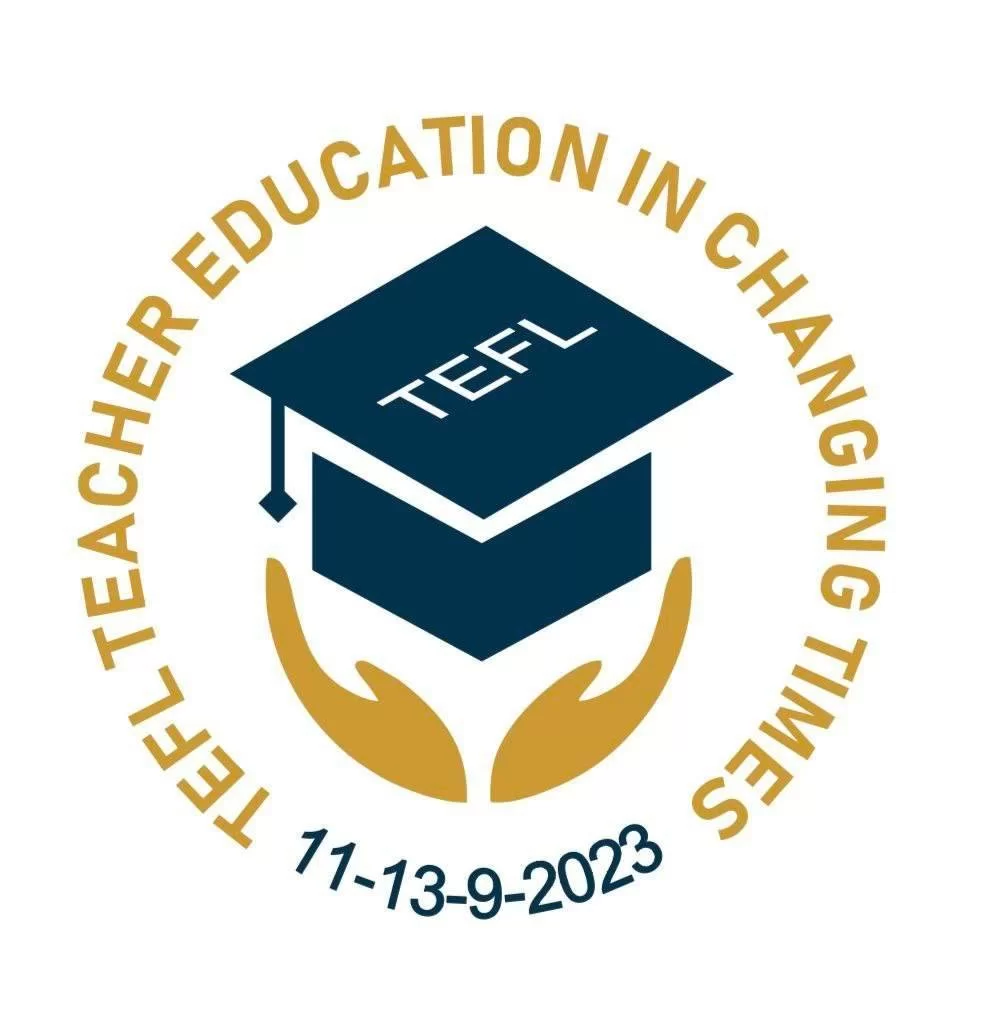
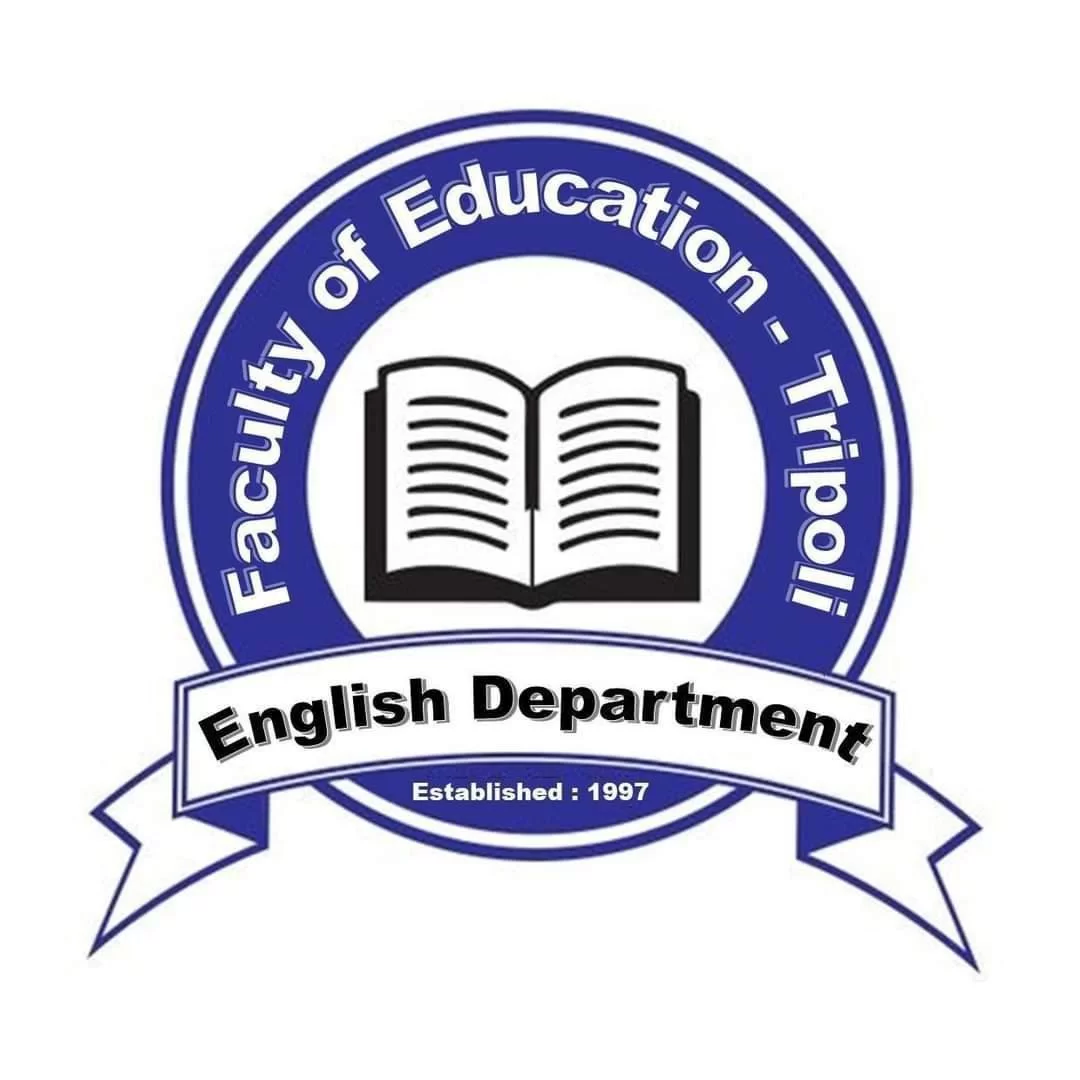
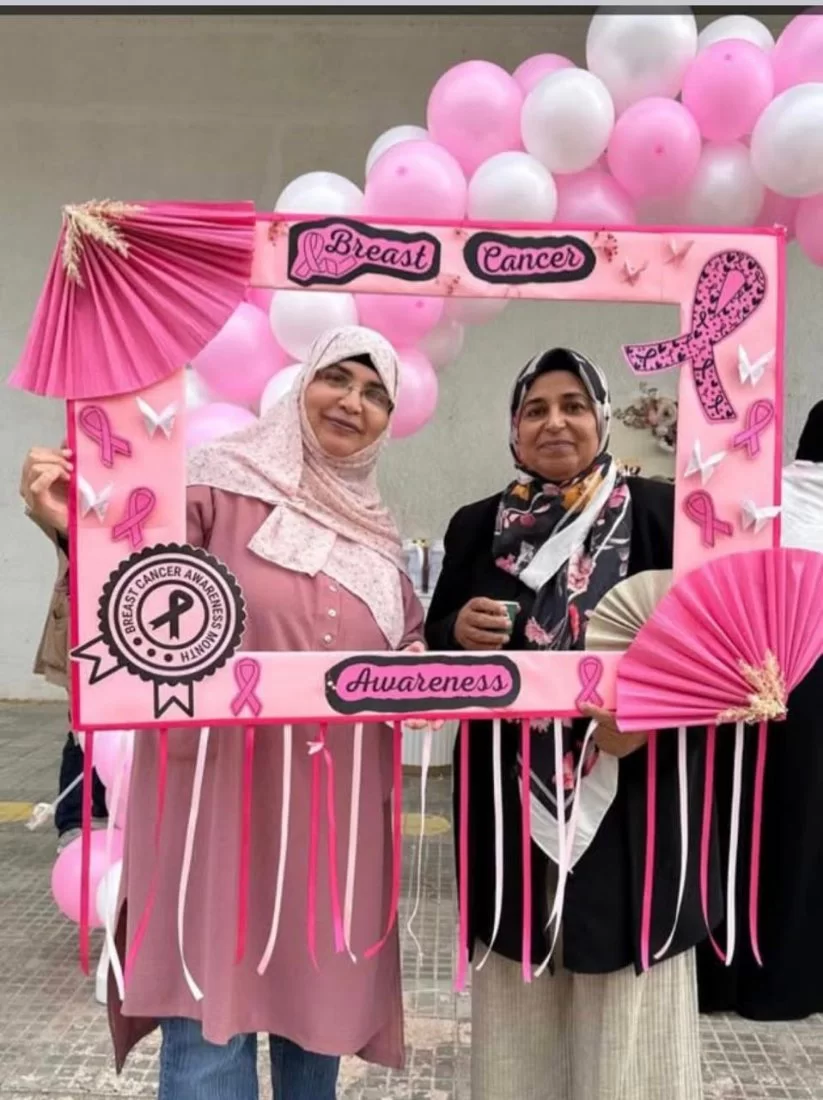
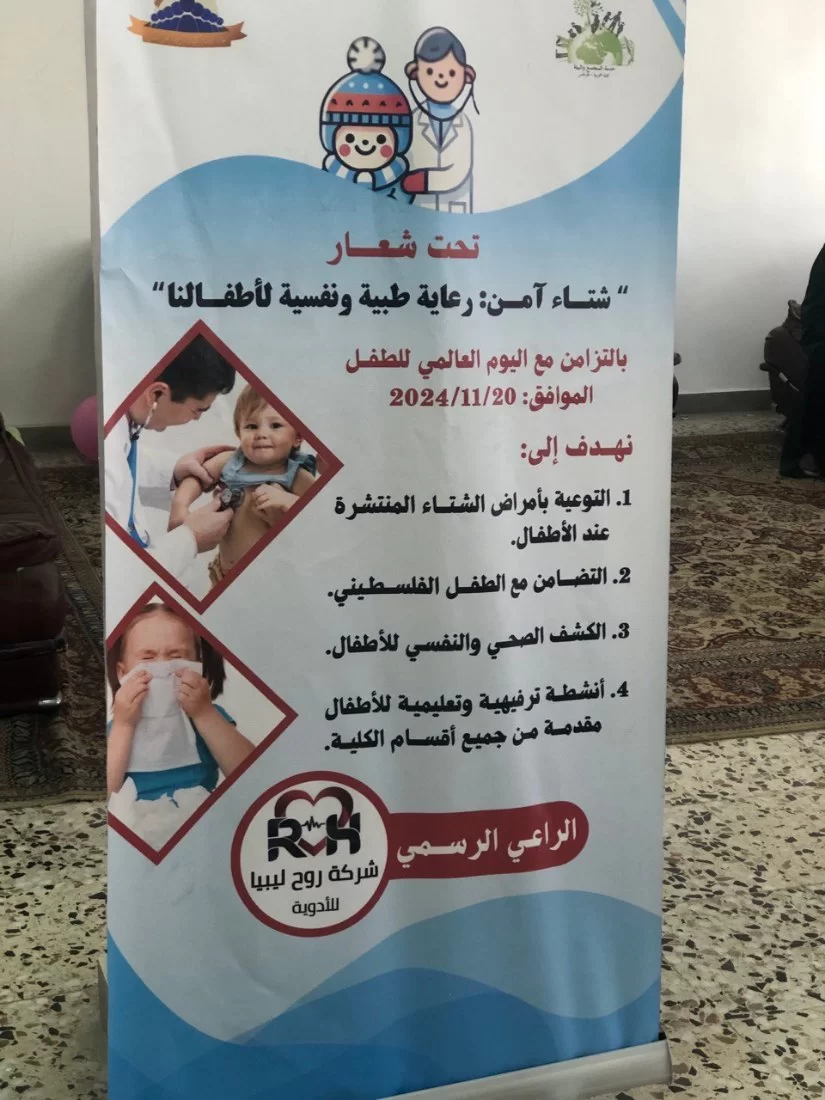
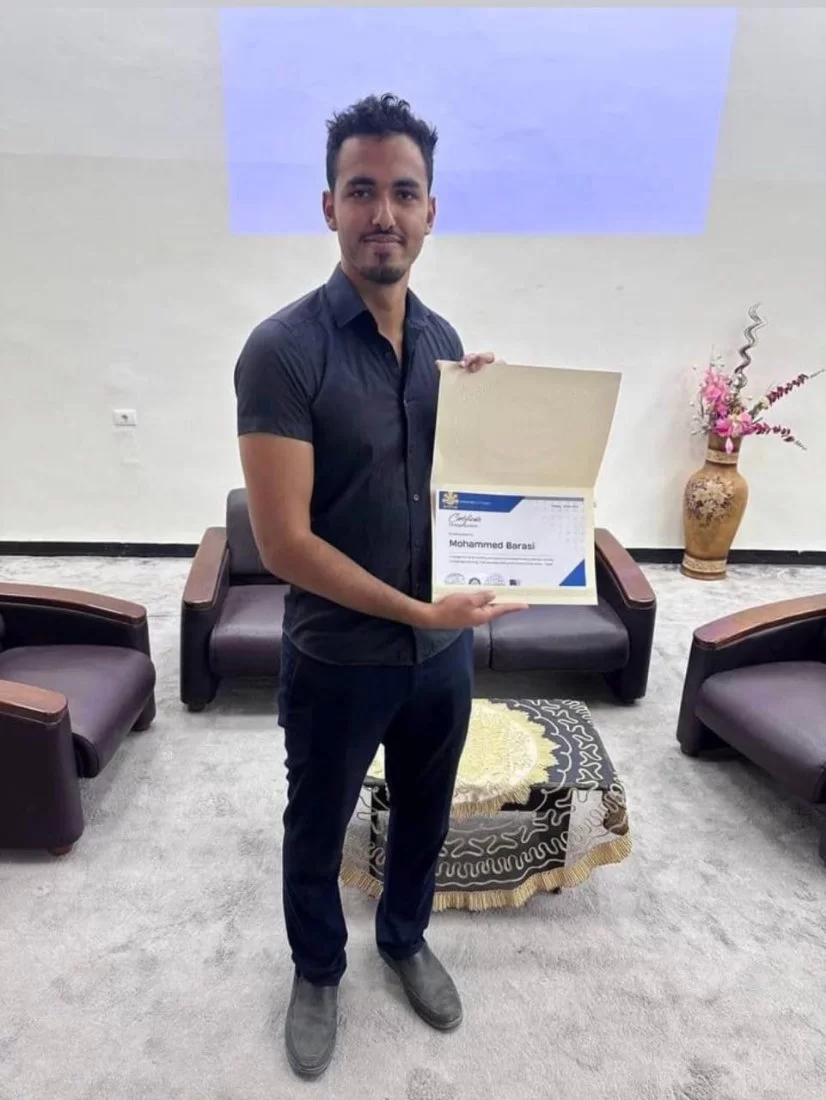
التعليقات